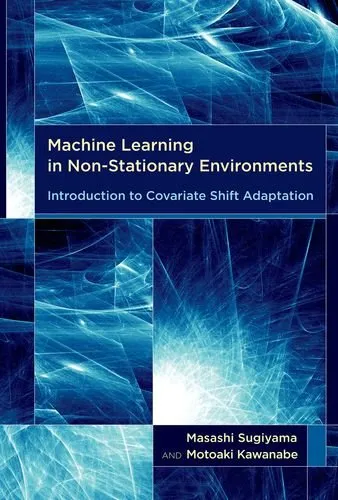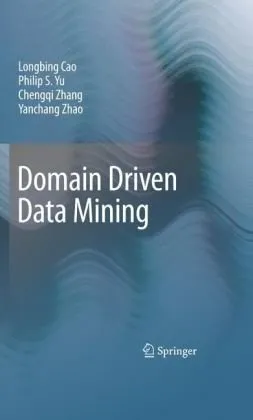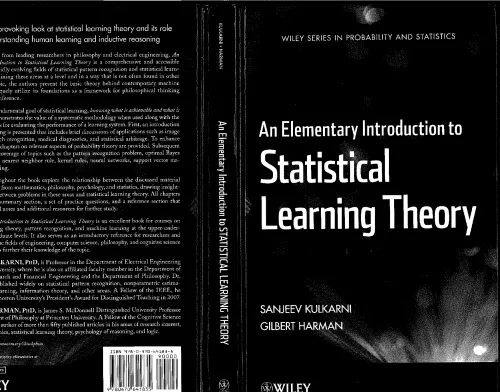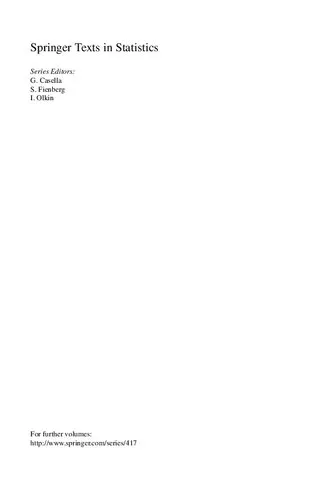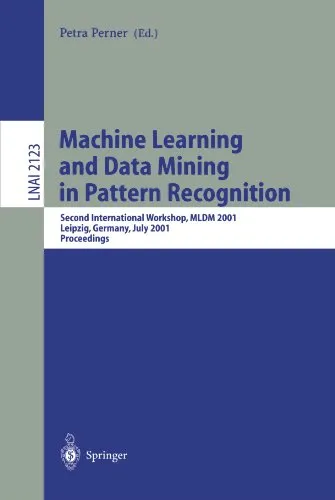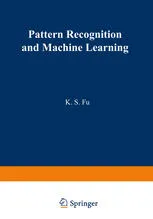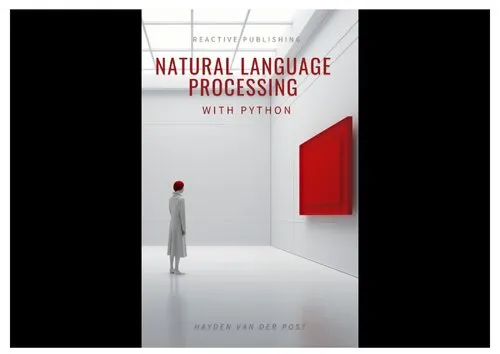Machine Learning in Non-Stationary Environments: Introduction to Covariate Shift Adaptation
4.7
Reviews from our users

You Can Ask your questions from this book's AI after Login
Each download or ask from book AI costs 2 points. To earn more free points, please visit the Points Guide Page and complete some valuable actions.Related Refrences:
As the power of computing has grown over the past few decades, the field of machine learning has advanced rapidly in both theory and practice. Machine learning methods are usually based on the assumption that the data generation mechanism does not change over time. Yet real-world applications of machine learning, including image recognition, natural language processing, speech recognition, robot control, and bioinformatics, often violate this common assumption. Dealing with non-stationarity is one of modern machine learning's greatest challenges. This book focuses on a specific non-stationary environment known as covariate shift, in which the distributions of inputs (queries) change but the conditional distribution of outputs (answers) is unchanged, and presents machine learning theory, algorithms, and applications to overcome this variety of non-stationarity. After reviewing the state-of-the-art research in the field, the authors discuss topics that include learning under covariate shift, model selection, importance estimation, and active learning. They describe such real world applications of covariate shift adaption as brain-computer interface, speaker identification, and age prediction from facial images. With this book, they aim to encourage future research in machine learning, statistics, and engineering that strives to create truly autonomous learning machines able to learn under non-stationarity.
Free Direct Download
You Can Download this book after Login
Accessing books through legal platforms and public libraries not only supports the rights of authors and publishers but also contributes to the sustainability of reading culture. Before downloading, please take a moment to consider these options.
Find this book on other platforms:
WorldCat helps you find books in libraries worldwide.
See ratings, reviews, and discussions on Goodreads.
Find and buy rare or used books on AbeBooks.
1502
بازدید4.7
امتیاز0
نظر98%
رضایتReviews:
4.7
Based on 0 users review
Questions & Answers
Ask questions about this book or help others by answering
Please login to ask a question
No questions yet. Be the first to ask!
